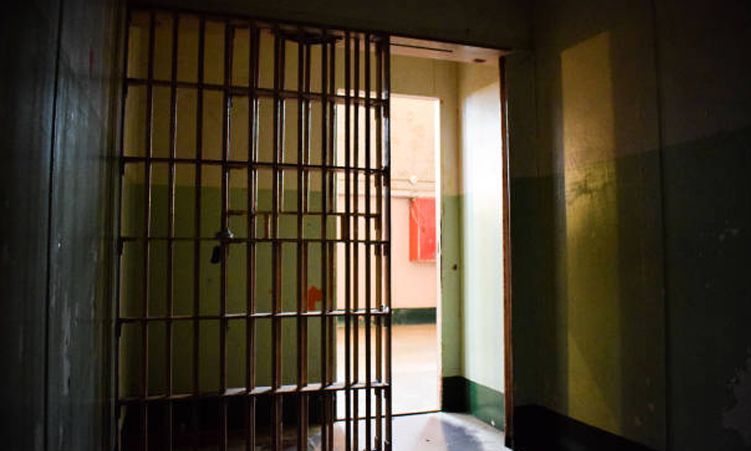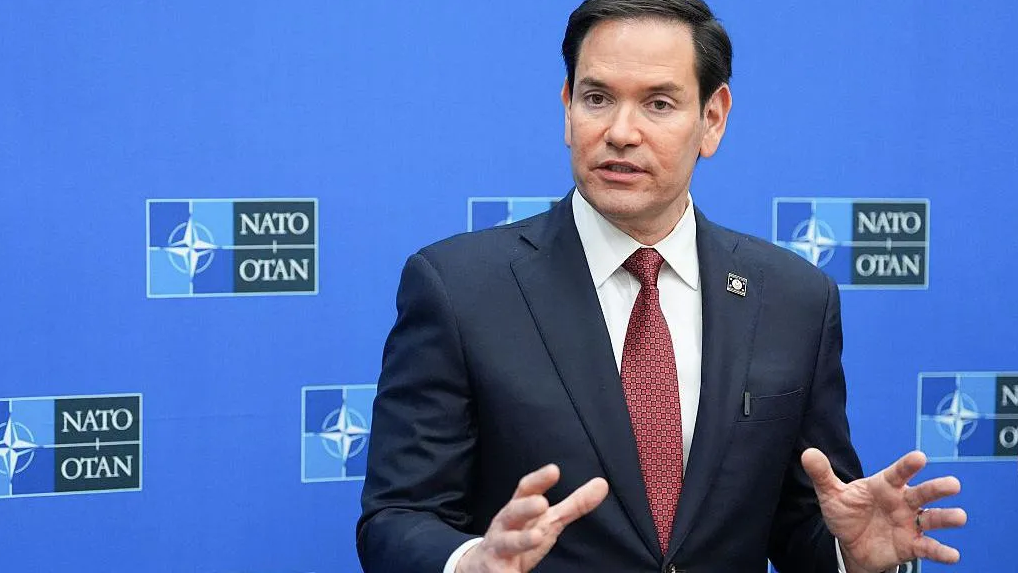FISHTOWN – Every time Stephen Yibo goes fishing around the U.S.-operated oil platform near his village in Nigeria’s southern delta, soldiers come out on boats and shoot into the air to scare him away.
Thousands of troops have been stationed across the delta to stop residents occupying platforms again after an uprising last year threatened oil supplies from Africa’s top producer. Their aggression has only hardened hostility to the multinationals among the million-plus inhabitants of the mangrove swamps lining Nigeria’s Atlantic seaboard.Yibo, 25, says oil could be used to bring health and education to Fishtown, a poverty-stricken village of wood and thatch huts which has been abandoned by the government.Instead, he reels off a list of what he believes are unfulfilled promises of the oil company ChevronTexaco.”They promised a school building, a town hall, electricity and a water borehole, but so far they have only built a jetty,” he said.”We are the owners of the oil so we expect the companies to do more for us.”His complaint is echoed across the Niger delta, where annual oil output is worth $20 billion, but where many live without access to clean drinking water, basic health care or schools.In the absence of any visible sign of government in remote villages residents naturally look to the companies for help, said Chris Alagoa, a development worker in the Akassa kingdom, which includes Fishtown.Relations between oil companies and residents have deteriorated so far that they now look at each other down the barrel of a gun along 300 miles (480 km) of coast, which Alagoa calls a “corridor of conflict”.The situation does not bode well for the foreign investors in Nigeria’s bountiful oil reserves, including Royal Dutch/Shell, ChevronTexaco, Agip, ExxonMobil and Total, which had seen the country as a secure alternative source of oil to the Middle East.BLACKMAIL”When we got to Akassa, two villages were already blackmailing the oil company,” Alagoa said.”The people would go to the company and make demands for money or jobs.If it refused they would harass the staff.The practice became widespread and climaxed in the taking of hostages.It produced very clear and quick results.”The response of the oil companies was to pay up and to invite government troops to defend them.Having seen blackmail and hostage-taking pay off, local militants sought new ways to extort money.Oil companies tried to be “good neighbours” to the villages in the delta, but residents say their efforts often backfired.In Fishtown, the jetty built by ChevronTexaco is typical of the white elephant projects across the region.After just a few years, erosion has completely separated it from the land.In nearby Sangana village, a hospital built in 2001 by ChevronTexaco and its partners has no doctors or medical supplies.It serves as a temporary hostel for youth volunteers while local children die of treatable illnesses.GUNS, GIRLS, GOLD…As well as building infrastructure, oil companies began buying peace with cash, Alagoa said.They nominated host communities near their oil fields, and paid up to 56,000 naira ($350) a month to village chiefs and youths just to stay home.Instead of pulling these isolated, illiterate people out of poverty, the money more often went on what locals call the five G’s – guns, girls, gold, ganja and gin.A relative fortune where most people live on less than a dollar a day, the cash made villages fight each other for “host” status.In what is known locally as “the wars”, Fishtown was invaded in 1999 by its neighbours, who wanted the land and any oil company benefits that went with it.Eight people were killed in the attacks, which drove all the residents to other villages of the Akassa clan to the east.It took two years for them to retake it by force.”The companies thought they were buying the peace, but in fact they helped arm these communities,” Alagoa said.- Nampa-ReutersTheir aggression has only hardened hostility to the multinationals among the million-plus inhabitants of the mangrove swamps lining Nigeria’s Atlantic seaboard.Yibo, 25, says oil could be used to bring health and education to Fishtown, a poverty-stricken village of wood and thatch huts which has been abandoned by the government.Instead, he reels off a list of what he believes are unfulfilled promises of the oil company ChevronTexaco.”They promised a school building, a town hall, electricity and a water borehole, but so far they have only built a jetty,” he said.”We are the owners of the oil so we expect the companies to do more for us.”His complaint is echoed across the Niger delta, where annual oil output is worth $20 billion, but where many live without access to clean drinking water, basic health care or schools.In the absence of any visible sign of government in remote villages residents naturally look to the companies for help, said Chris Alagoa, a development worker in the Akassa kingdom, which includes Fishtown.Relations between oil companies and residents have deteriorated so far that they now look at each other down the barrel of a gun along 300 miles (480 km) of coast, which Alagoa calls a “corridor of conflict”.The situation does not bode well for the foreign investors in Nigeria’s bountiful oil reserves, including Royal Dutch/Shell, ChevronTexaco, Agip, ExxonMobil and Total, which had seen the country as a secure alternative source of oil to the Middle East.BLACKMAIL”When we got to Akassa, two villages were already blackmailing the oil company,” Alagoa said.”The people would go to the company and make demands for money or jobs.If it refused they would harass the staff.The practice became widespread and climaxed in the taking of hostages.It produced very clear and quick results.”The response of the oil companies was to pay up and to invite government troops to defend them.Having seen blackmail and hostage-taking pay off, local militants sought new ways to extort money.Oil companies tried to be “good neighbours” to the villages in the delta, but residents say their efforts often backfired.In Fishtown, the jetty built by ChevronTexaco is typical of the white elephant projects across the region.After just a few years, erosion has completely separated it from the land.In nearby Sangana village, a hospital built in 2001 by ChevronTexaco and its partners has no doctors or medical supplies.It serves as a temporary hostel for youth volunteers while local children die of treatable illnesses.GUNS, GIRLS, GOLD…As well as building infrastructure, oil companies began buying peace with cash, Alagoa said.They nominated host communities near their oil fields, and paid up to 56,000 naira ($350) a month to village chiefs and youths just to stay home.Instead of pulling these isolated, illiterate people out of poverty, the money more often went on what locals call the five G’s – guns, girls, gold, ganja and gin.A relative fortune where most people live on less than a dollar a day, the cash made villages fight each other for “host” status.In what is known locally as “the wars”, Fishtown was invaded in 1999 by its neighbours, who wanted the land and any oil company benefits that went with it.Eight people were killed in the attacks, which drove all the residents to other villages of the Akassa clan to the east.It took two years for them to retake it by force.”The companies thought they were buying the peace, but in fact they helped arm these communities,” Alagoa said.- Nampa-Reuters
Stay informed with The Namibian – your source for credible journalism. Get in-depth reporting and opinions for
only N$85 a month. Invest in journalism, invest in democracy –
Subscribe Now!










